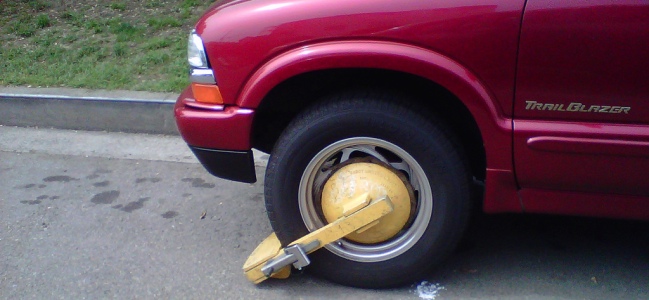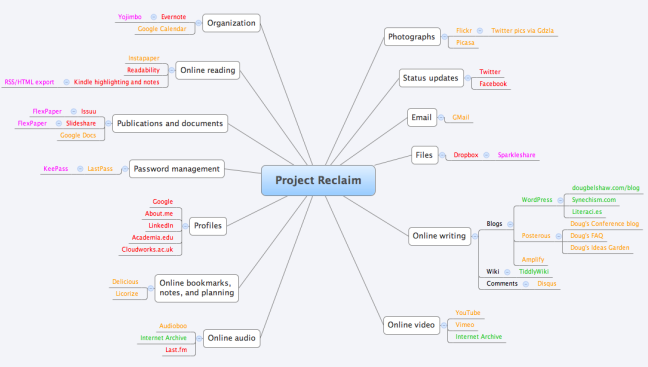Change MOOC – #change11
After seeing several MOOCs (Massive Open Online Courses) come and go over the past couple of years, I’ve decided to play a part in a new one being facilitated by Dave Cormier, George Siemens and Stephen Downes.
What’s a MOOC?
Allow Dave Cormier to enlighten you:
[youtube http://www.youtube.com/watch?v=eW3gMGqcZQc?rel=0&w=640&h=390]
What do you have to do?
Pretty much anything you like. To paraphrase from change.mooc.ca
This is an unusual course. It does not consist of a body of content you are supposed to remember. Rather, the learning in the course results from the activities you undertake, and will be different for each person.
…
This type of course is called a ‘connectivist’ course and is based on four major types of activity:
- Aggregate
- Remix
- Repurpose
- Feed Forward
…
When a connectivist course is working really well, we see this greate cycle of content and creativity begin to feed on itself, people in the course reading, collecting, creating and sharing. It’s a wonderful experience you won’t want to stop when the course is done.
And – because you can share anywhere – you won’t have to. This course can last as long as you want it to.
The schedule consists of people who are pretty much who’s-who in my corner of the digitally-connected world; I’m particularly looking forward to:
- Week 3 – Martin Weller (Digital Scholarship)
- Week 9 – Dave Cormier (Rhizomatic Learning)
- Week 17 – Howard Rheingold ([How] can [using] the web [intelligently] make us smarter?)
- Week 25 – Stephen Downes (Knowledge, Learning and Community)
- Week 30 – Alec Couros (Facilitating Networked Learners)
- Week 33 – George Siemens (Sensemaking, wayfinding, networks, and analytics)
- Week 34 – Bonnie Stewart (Digital Identities & Subjectivities)
That’s because these are people I know will provide interesting stimulus material and sound guidance. However, I’m also looking forward to being surprised by others!
MOOCs have a structure that allows you to dip in and dip out. This course is running (at least) until 20th May 2012 so there’ll be times when I can pay more or less attention. Given that I’m handing in my thesis in the next 14 days I should, on average, have a whole lot more time on my hands to get involved.
Why don’t YOU take part as well? It’s a great way to meet new people and think through new ideas!


